As a vegetarian, it's important to make sure you're getting all the nutrients your body…
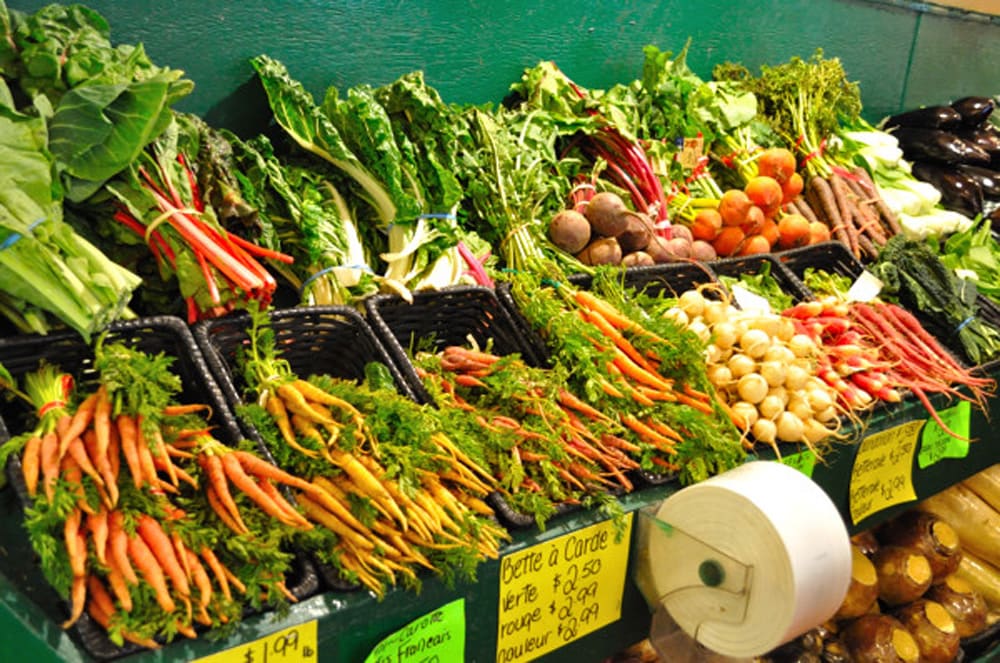
Eat Happy, Beat SAD – Food Vibe with Dr. Kubie
Long grey days can give you the blues, and according to the Canadian Mental Health Association up to 15% of the population is affected to some degree by SAD (Seasonal Affective Disorder) or what most of us call the winter blues. Low light levels affect our natural circadian rhythms, and now science is finding that natural light directly affects brain chemistry, something we can help adjust with the right diet.
Signs of spring abound but it can’t get here fast enough for me. I’ve been varying shades of grey and blue for a few weeks, despite my natural sunny disposition. So I took this issue to our resident Food Gypsy Health & Wellness Advisor, Dr. Kubie, because positive mental health is just as important as good physical health.
Dr. Josef Kubinec (aka: Dr. Kubie), BPT, CPMA – is a physiotherapist, sports medicine specialist, acupuncturist, former organic farmer and restaurateur; currently based in Clemensport, NS, Canada. He’s a busy guy but he makes time for a little Gypsy gab when he can (between sticking pins in patients).
His acupuncture training took him to China, where he integrated an interest in herbal and Chinese medicine with his western scientific training, giving him a unique perspective on food as medicine.
We call this section of Food Gypsy “Food Vibe” –
Oprah has Dr. Oz, Food Gypsy has Dr. Kubie.

The first item he sent me was a list of symptoms associated with Seasonal Affective Disorder : sleep problems, lethargy (marathon napping), despair, anxiety (obsessing over trivial crap), lowered tolerance to stress (bite me), loss of libido, mood changes, difficulty concentrating, overeating (leading to weight gain), and a change in appetite (craving starchy and sweet foods, pass the cake).
For most, signs dissipate when spring arrives, but others may take longer to get out of their funk. I find long stretches with little or no sun in the Ottawa Valley particularly taxing; low clouds, rain or snow makes it hard to be my usual Blue-Sky-Pollyanna self.
“People with SAD may have abnormally low levels of serotonin in winter,” says Dr. Kubie “serotonin plays a role in ‘lifting’ mood. Nutritional supplement called 5HTP (5-hydroxytryptophan) raises serotonin levels and can be added to the diet quite easily, as it’s sold over the counter in many health food stores.
Serotonin is so important because it converts to melatonin, the sleep chemical. Melatonin slows down the body clock, and affects sleeping and mood patterns. What we feed our bodies can also either increase or decrease the effects of SAD.
By giving your body fresh, nutrient dense foods you are arming it with all of the tools it needs to work as effectively and efficiently as possible.”
Diet and mood are closely related, studies done at MIT discuss the excessive consumption of carbohydrate-rich foods and its relationship to PMS, SAD and depression in general. Our health and wellness expert agrees:
“Diet has been linked to mood, sleep, anxiety and depression, so it is wise not to further compound any symptoms that may be showing. Eating sensible carbs will stimulate serotonin, while sweets and simple carbohydrates, like white rice and white bread, quickly raise blood sugar, flood your system with insulin, and then drop you in a hole.
Eating wisely also means watching the caffeine, which suppresses serotonin. Of particular importance are omega oils; so if you don’t eat fish, flax seeds or other sources of omega 3, consider supplementation. Emphasize foods that promote alertness and mental energy: fish (especially salmon), blueberries, whole grains, vegetables and nuts” said Kubinec.
Minerals are also essential for good brain balance, in particular magnesium, potassium and zinc without these foundation minerals the body does not retain key happiness vitamins; the B group. Magnesium is found in spices, nuts, cereals, cocoa, tea, and green leafy vegetables such as spinach. Then be sure you get your B complex: chicken is high in vitamin B6 which increases serotonin, likewise for wheat germ, brown rice, spinach and sunflower seeds. Fish, shellfish, dairy and meat contain B12 which will help alleviate anxiety and increase energy. Peanuts are a great source of B3 which helps increases blood circulation and serotonin.
I often supplement with both calcium/magnesium and a B complex, vitamin B75, which contains 75 mg of each B vitamin; I call these my ‘happy pills’. Time to get back on the supplement wagon and boost those serotonin levels.
“OK so that explains the last six weeks… too much sugar and too many carbs” says this Gypsy.
“You might consider picking up some St. John’s Wort. It’s plant based, and a natural treatment for mild depression [and mood swings associated with PMS]” suggests Dr. Kubie.
St. John’s Wort is widely available in most health food stores and has a long history of use as a herbal remedy for mild symptoms. Herbal practitioners recommend doses of 300 mg of an extract three times daily for therapeutic effect.
Most importantly, when you see that sun come out from behind those clouds, get out in it. Stand, facing the sun, take your sunglasses off, put your hand up in front of you to block the the sun itself, open your eyes and absorb the light for five minutes. (It’s important that you don’t look directly at the sun, this could cause retina damage, but catching some rays is vital.) You may notice, as I did, that you will squint and want to close your eyes again. I found I had to use one hand in front of the sun and the other to hold open one eye until I was less mole-like. Soak up as much vitamin D as you can.

“And don’t forget to move,” adds Dr. Kubie “go outside for a walk. A good brisk walk will clear your head and get all those happy brain chemicals flowing again.”
Nothing like a bit of fresh air to help you gain a healthy perspective. Eat well, and eat what’s available in the season. Ma Nature knows her stuff.
“A winter diet of root vegetables, kale, chard and cabbage is nutrient dense. A tonne of lettuce will do less for your body than a bag of beets,” so sayeth the Kubie.
If symptoms persist, you get your cute patutie to your nearest physician. Depression can, and will, rob you of your joy. Throughout my life I have had to deal with varying degrees of depression; it’s something I have no problem talking about because I know that far too many people don’t. If you need professional help, please, seek it.
Happiness is the cornerstone to leading a healthy, joyful life, so taking care of your happy is crucial.
Live, Love, Eat WELL. BE HAPPY.
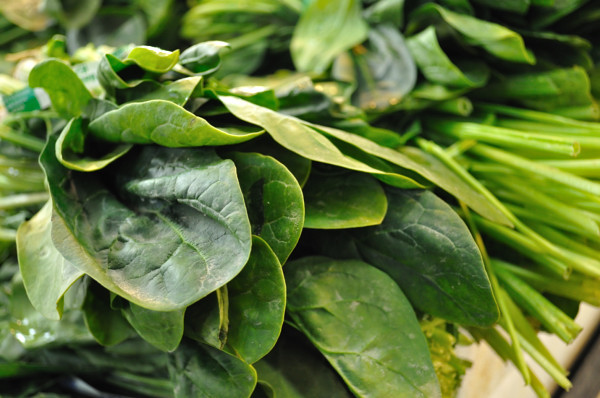
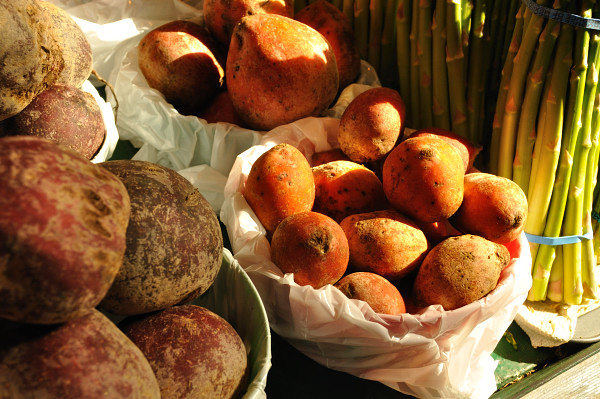
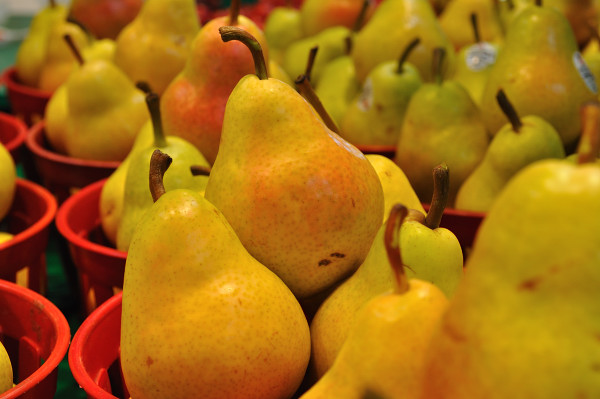
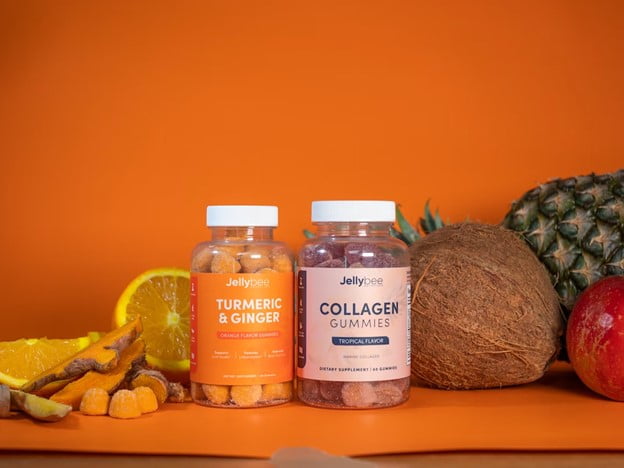
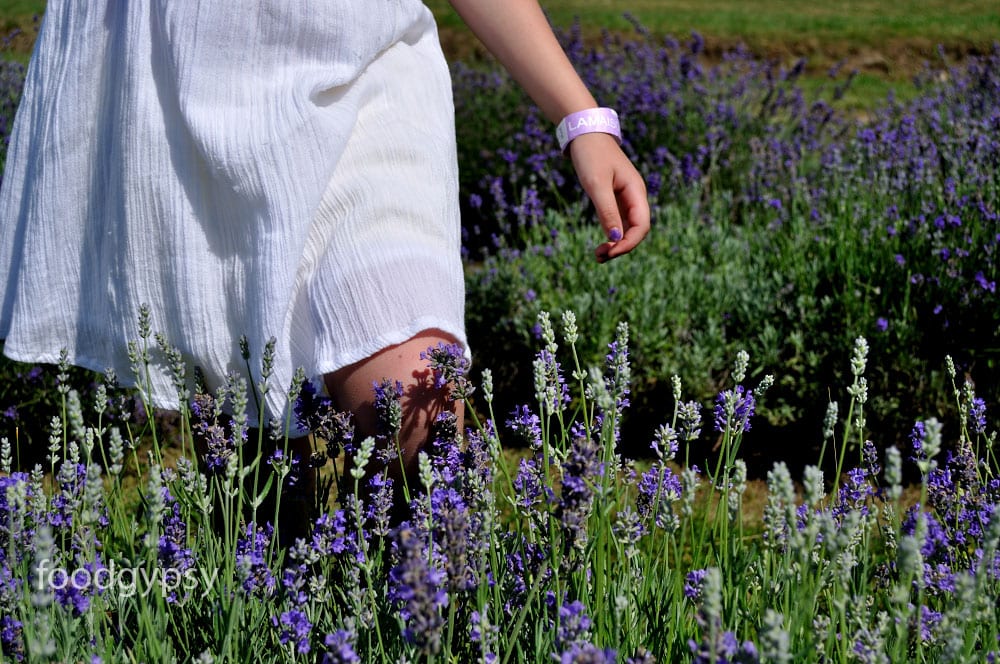
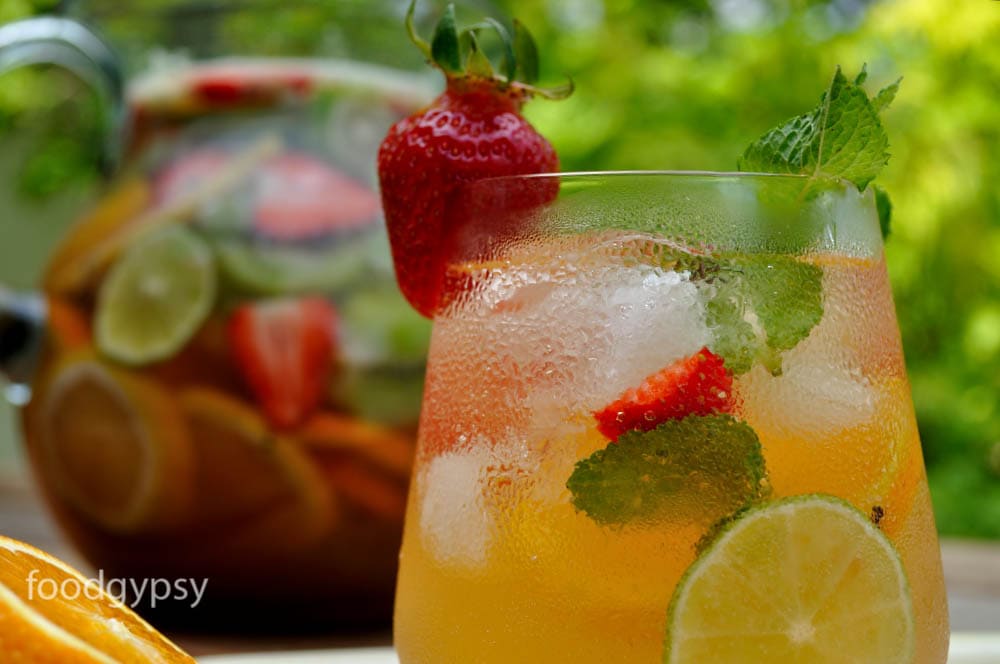
loved this! Every last yummy morsel of it!
Thank you Elle!!! Feeding your brain now… yummmmmmm.
LOVE it.
be well my friend
xocory
Wellness is key. Thank you Lovely!!!